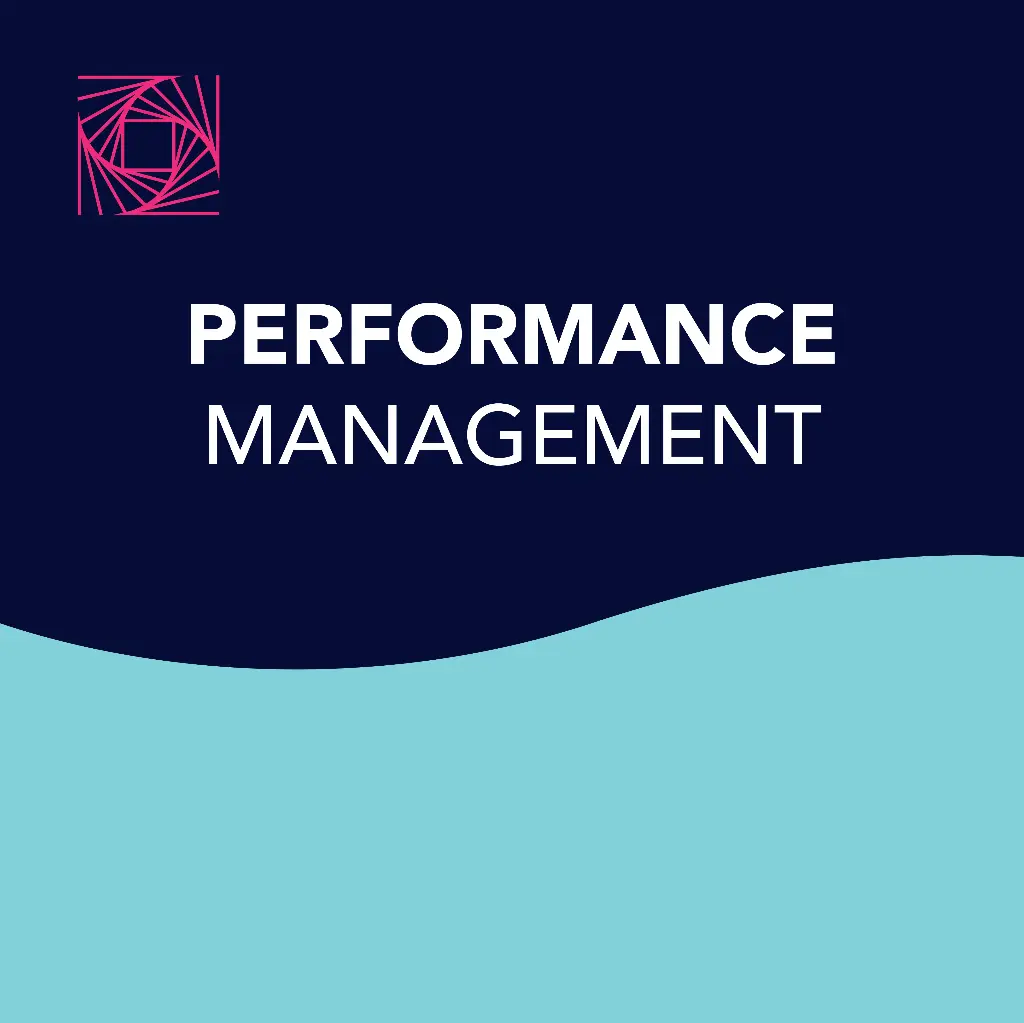إدارة الأداء
إن إدارة الأداء الفعّالة أمر بالغ الأهمية لتحقيق النجاح التنظيمي في بيئة الأعمال الديناميكية اليوم. تستعرض هذه الدورة بشكل شامل مبادئ إدارة الأداء والعمليات وأفضل الممارسات. سيتعلم المشاركون كيفية مواءمة أداء الفرد والفريق مع أهداف المنظمة، وتنفيذ أنظمة تقييم فعّالة، وتعزيز ثقافة التغذية الراجعة والتطوير المستمر. من خلال إتقان هذه المهارات، يمكن للمديرين ومحترفي الموارد البشرية تعزيز مشاركة الموظفين، ودفع الإنتاجية، والمساهمة في نهاية المطاف في نجاح المنظمة.
| Availability: Unavailable |

ضمان الاسترداد
إذا لم تستفد من برنامجنا، فإن استثمارك آمن. نقدم لك استردادًا كاملاً للمبلغ لضمان ثقتك في خدمتنا.

معتمد من المؤسسة العامة
تعتمد المؤسسة العامَّة للتدريب المهني والتقني برنامجنا، مما يضمن جودة التعلم والمعايير المهنية.

لتسهيل الأمر عليك، نقدم لك مجموعة متنوعة من خطط الدفع، بما في ذلك خيارات الأقساط والدفع الآجل.

التعلّم المتزامن
استمتع براحة التعلم من أي مكان من خلال جلساتنا الافتراضية المباشرة والمتزامنة والتفاعلية التي يقودها مدربون خبراء.
Targeted Groups

Individuals Interested in Enhancing Their Skills in Performance
Management & OD

Strategic Leaders and Analysts

HR & OD Leaders

HR Specialists, HRBPs, and OD Professionals

Performance Management Specialists, and Experts
At the end of this program, the participants will be able to:
1.
Define performance management and its importance
in the organizational context.
2.
Develop and implement a performance management
system tailored to their organization’s needs.
3.
Utilize SMART criteria to establish meaningful
performance goals for individuals and teams.
4.
Execute performance appraisals effectively,
using various methods and best practices.
5. Deliver actionable feedback that promotes employee development and engagement.
6.
Develop performance improvement plans to address
gaps and enhance employee performance.
7. Assess the effectiveness of the performance management system and make necessary adjustments.
Modules:
Explore Each Module and Uncover New Knowledge.
1.1 Understanding Performance Management
- Definition and importance of performance management
- Objectives of performance management systems
- How performance management aligns with organizational goals
1.2 Key Components of Performance Management
- Goal setting
- Performance appraisal
- Feedback and coaching
- Development planning
1.3 The Role of Managers in Performance Management
- Leadership in performance management
- Creating a performance-oriented culture
- Communication and
engagement strategies
2.1 Designing a Performance Management System
- Frameworks and models (e.g., 360-degree feedback, OKRs)
- Customizing the system to fit organizational needs
- Legal and ethical considerations
2.2 Setting Performance Goals
- SMART criteria for goal setting
- Aligning individual, team, and organizational objectives
- Continuous vs. annual goal setting
2.3 Implementing Performance Appraisals
- Types of performance appraisals (self-assessment, peer review, etc.)
- Best practices for conducting appraisals
- Common pitfalls and how to avoid them
2.4 Providing Effective Feedback
- Techniques for delivering constructive feedback
- Importance of regular check-ins
- Creating an open
feedback culture
3.1 Developing Performance Improvement Plans
- Identifying performance gaps
- Creating actionable improvement plans
- Monitoring progress and providing support
3.2 Training for Managers and Employees
- Training programs for effective performance management
- Coaching skills for managers
- Employee training for personal development
3.3 Evaluating the Performance Management System
- Key performance indicators (KPIs) for assessing effectiveness
- Gathering feedback on the performance management process
- Adjusting the system based on evaluation
3.4 Future Trends in Performance Management
- The impact of technology and AI on performance management
- Trends in employee engagement and motivation
- Evolving practices in
remote and hybrid work environments
